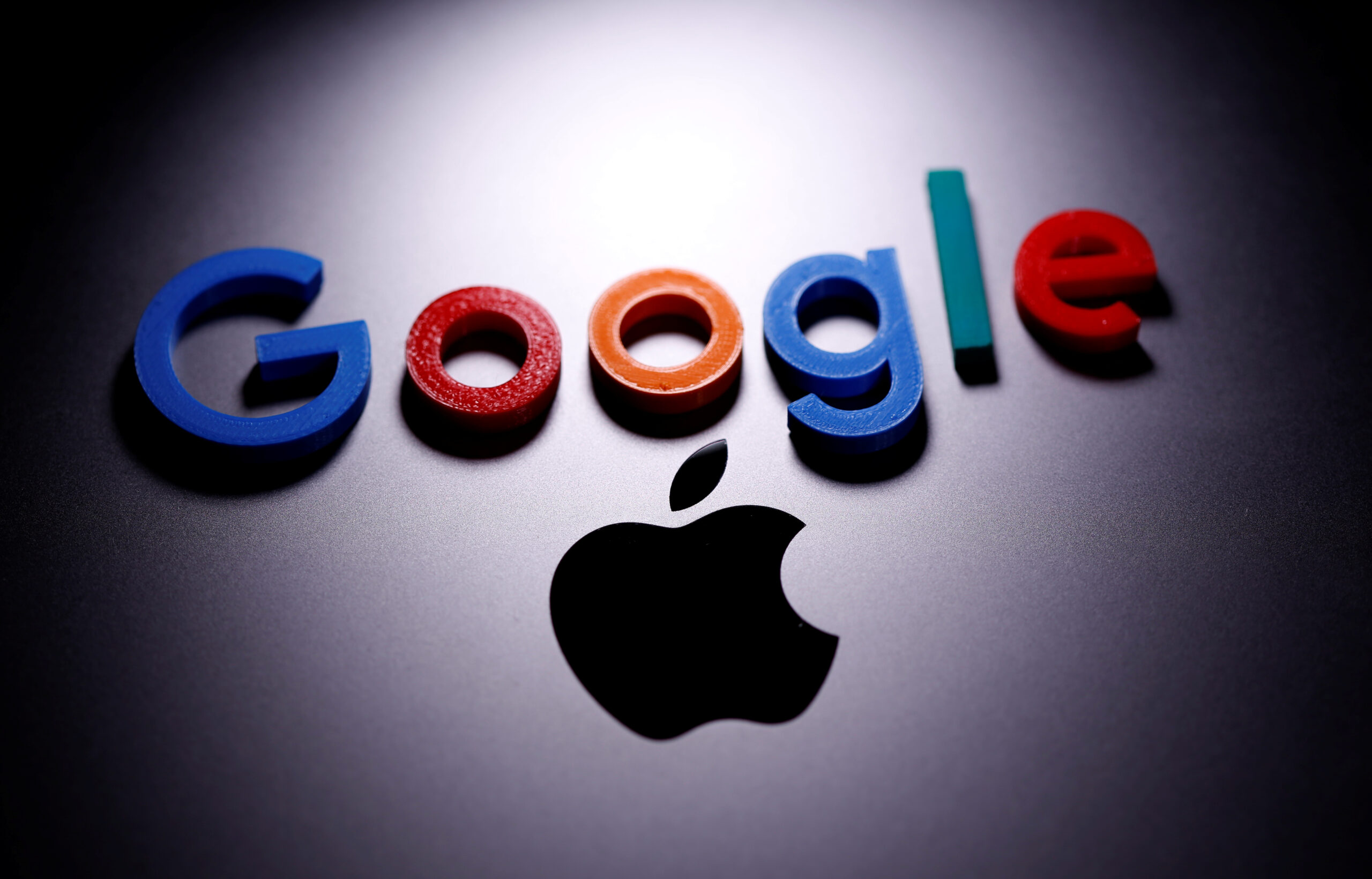
As antitrust authorities on both sides of the Atlantic hammer down on alleged anti-competitive activities that could lead to break-up orders for Apple and Alphabet’s Google, a first for the sector, Big Tech is facing its toughest threat in decades.
This might then encourage watchdogs everywhere to jump on board, as seen by the increasing number of antitrust investigations in different nations after the commencement of proceedings in the US and the EU. Up until today, no American corporation has faced the prospect of a regulator-led break-up since AT&T was split up precisely 40 years ago.
While Apple said that the U.S. case was incorrect in both law and facts, Google stated that it disagreed with the EU’s charges.
Known as Ma Bell, AT&T (T.N), opens new tab, was divided into seven separate businesses known as “Baby Bells” in 1984 in order to form one of the most potent monopolies of the 20th century. At the moment, the only companies still standing are AT&T, Verizon, and Lumen.
READ ALSO: According to FT, China prohibits the use of AMD and Intel CPUs in government computers
The phrase “walled gardens” was coined because regulators now claim that businesses like Apple (AAPL.O) and Google (GOOGL.O) have created impenetrable environments around their products that make it impossible for users to move to competing services.
The US Department of Justice, which teamed up with fifteen states to sue Apple on Wednesday for allegedly controlling the smartphone market, obstructing rivals, and driving up prices, forewarned the $2.7 trillion company that a break-up order is permissible as a means of reestablishing competition.
Even so, the issue will likely take years to resolve—a battle Apple has vowed to fight.
The actions taken by the US come after other increasing threats that have been made this week in and around Europe.
According to people with direct knowledge of the situation who spoke to Reuters on condition of anonymity on Thursday, Big Tech will soon come under increased scrutiny as Apple, Meta Platforms (META.O), opens a new tab, and Alphabet is likely to be investigated for possible violations of the Digital Markets Act (DMA), which could result in steep fines and even break-up orders for repeated breaches.
When Margrethe Vestager, the head of EU antitrust, accused Google last year of engaging in anti-competitive behavior in its lucrative adtech division and hinted that the company would have to sell off its sell-side capabilities, she paved the path for severe action.
She stated that in order to prevent Google from allegedly favoring its own online digital advertising technology services over those of advertisers and online publishers, it appears that selling some of Google’s assets is the only practical approach to avoid conflicts of interest.
Vestager is anticipated to make a definitive ruling by year’s end.
Members of the European Parliament Andreas Schwab, who had a major role in the writing of the historic EU DMA tech legislation that went into effect this month, stated that MEPs want tough measures taken against Big Tech companies that break the law.
“You can only image what the Parliament will demand if they disregard the DMA. Splits. Making markets fair, open, and conducive to further innovation is the ultimate objective, he stated on Friday.
BREAKUPS ARE HARD TO DO.
While they consider their options, authorities are far from guaranteed to issue break-up orders; instead, any action could just end in a punishment. Additionally, based on the 1998 lawsuit against Microsoft (MSFT.O), legal experts predicted that the case against Apple could be more challenging this time around.
Within the European Union, corporate splits are considered as a last option rather than a common practice. It has never occurred before “An anonymous Commission official stated as much.
In addition, compared to Google, Apple’s heavily interwoven system would make a breakup more difficult, according to attorney Damien Geradin of Geradin Partners, who is representing a number of app creators in prior legal disputes with Apple.
“It looks like a lot more work. You are discussing an integrated product; for instance, Apple cannot be made to give up control of the App Store. That is illogical,” he remarked.
He stated that in the case of Google, a break-up order may simply target acquisitions undertaken to bolster its core services, but it would be preferable to impose behavioral remedies on Apple that require it to do specific things.
According to Max von Thun, director of advocacy organization Open Markets, “it’s more likely that they (DOJ) go for remedies like opening up hardware functionality, or making sure developers aren’t being discriminated against in terms of pricing.”
“I think they want to say that everything’s on the table, but it doesn’t necessarily mean they’ll choose that path,” he stated.
The majority of Apple’s around $400 billion in annual revenue comes from the sale of hardware, which includes iPhones, Macs, iPads, and watches. Its services division earns about $100 billion more.
Courts will eventually test structural solutions like breakups, according to Assimakis Komninos, a partner at White & Case.
“I would say that experiences of imposed structural measures, such as breakups, are not many, but the small past experience shows that this is very tricky, aside from the formidable legal challenges,” he stated.
Editing by Ken Li and Anna Driver; reporting by Foo Yun Chee in Brussels and Supantha Mukherjee in Stockholm, with additional reporting by Martin Coulter in London



